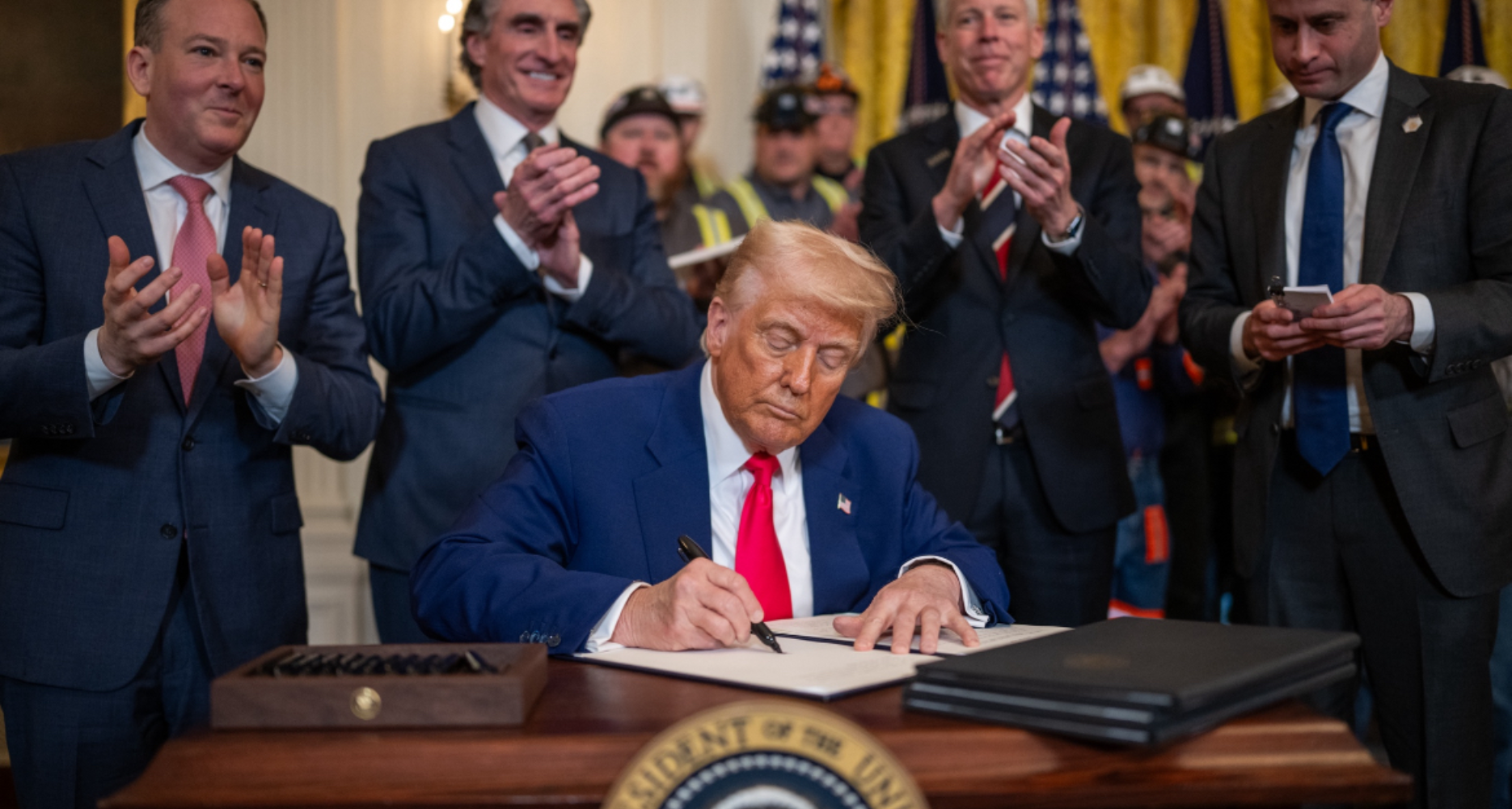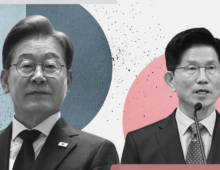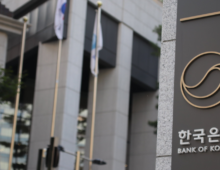New law allows Seoul to adjust its trade interests to balance strategic priorities between the U.S. and China
South Korea’s K-Chips Act, which the National Assembly passed in late March, seeks to safeguard economic priorities and foster a vibrant semiconductor industry for the country. But the law is not just about chips, putting Seoul on a better footing to navigate the complex landscape of international trade, strategic priorities and foreign relations.
The K-Chips law is emblematic of South Korea’s efforts to develop a new economic security strategy in an increasingly uncertain geopolitical environment. By redoubling indigenous technological innovation, South Korea can ensure future success in the global semiconductor market and gain leverage in shaping the industry’s rules and dynamics.
South Korea’s K-Chips Act, which the National Assembly passed in late March, seeks to safeguard economic priorities and foster a vibrant semiconductor industry for the country. But the law is not just about chips, putting Seoul on a better footing to navigate the complex landscape of international trade, strategic priorities and foreign relations.
The K-Chips law is emblematic of South Korea’s efforts to develop a new economic security strategy in an increasingly uncertain geopolitical environment. By redoubling indigenous technological innovation, South Korea can ensure future success in the global semiconductor market and gain leverage in shaping the industry’s rules and dynamics.
Get your
KoreaPro
subscription today!
Unlock article access by becoming a KOREA PRO member today!
Unlock your access
to all our features.
Standard Annual plan includes:
-
Receive full archive access, full suite of newsletter products
-
Month in Review via email and the KOREA PRO website
-
Exclusive invites and priority access to member events
-
One year of access to NK News and NK News podcast
There are three plans available:
Lite, Standard and
Premium.
Explore which would be
the best one for you.
Explore membership options
© Korea Risk Group. All rights reserved.
No part of this content may be reproduced, distributed, or used for
commercial purposes without prior written permission from Korea Risk
Group.












